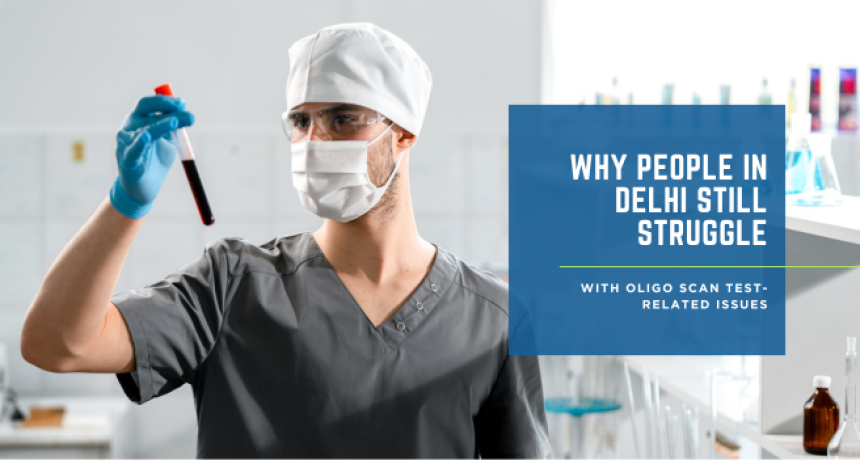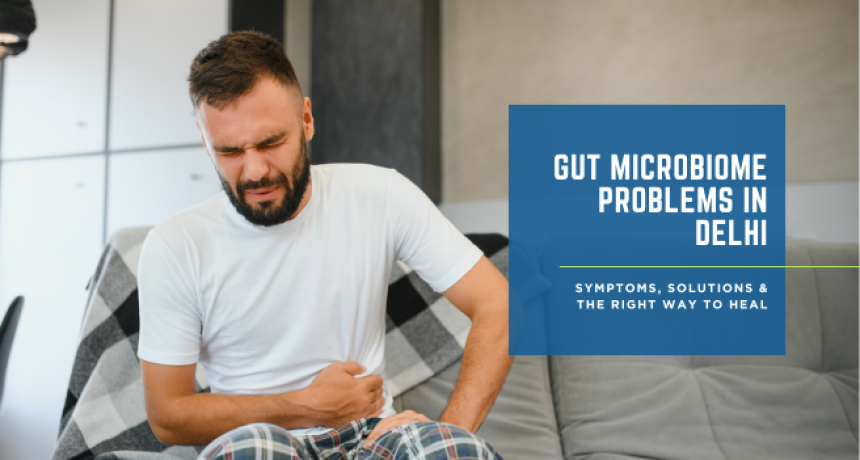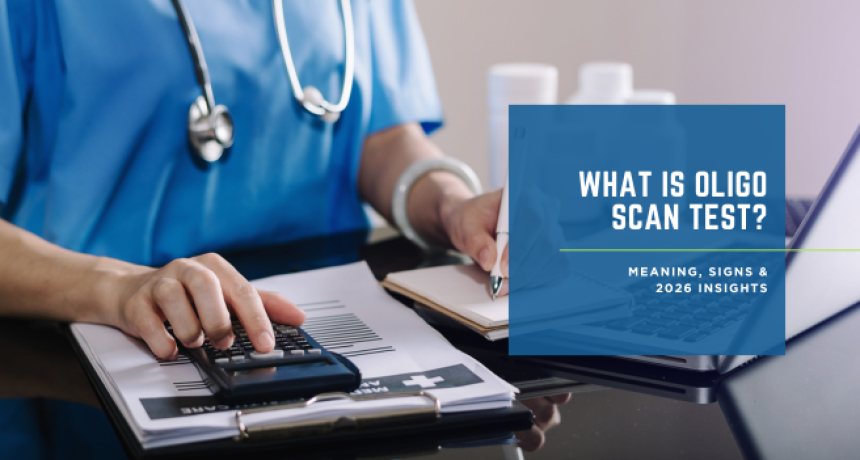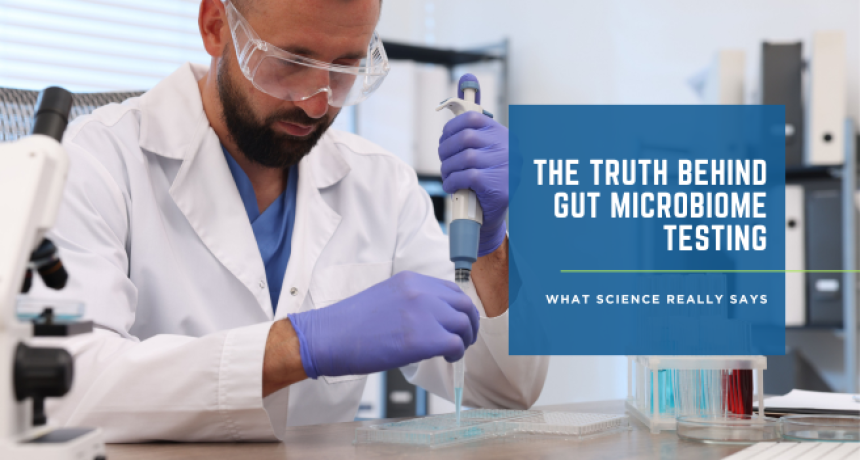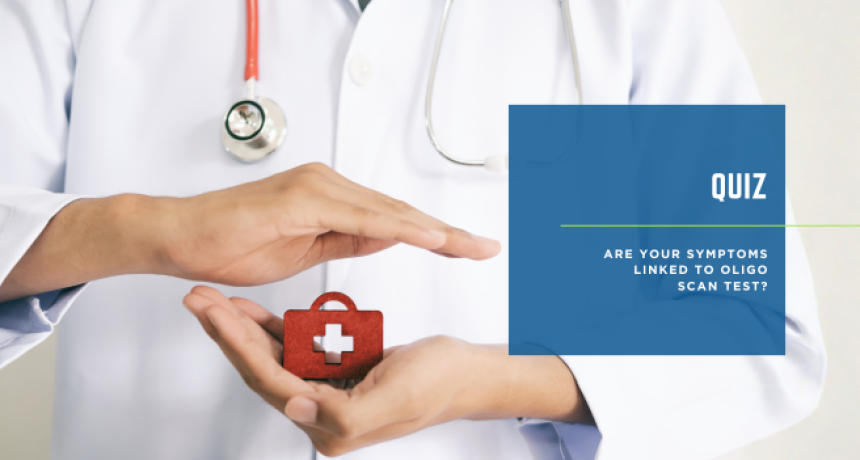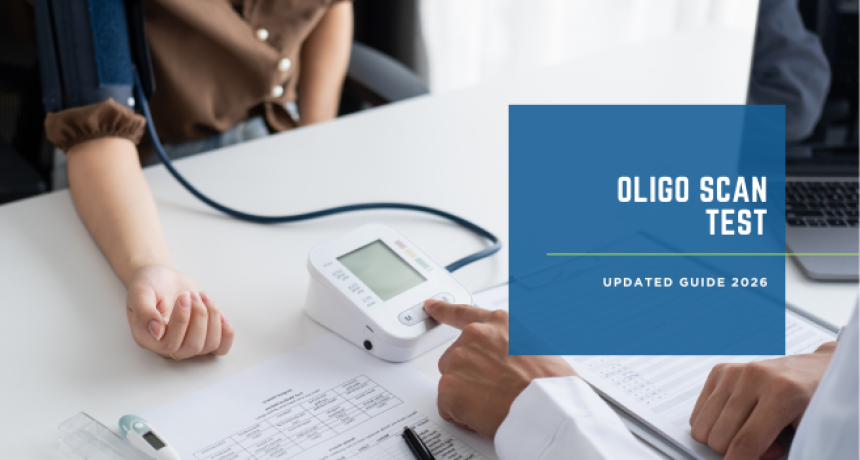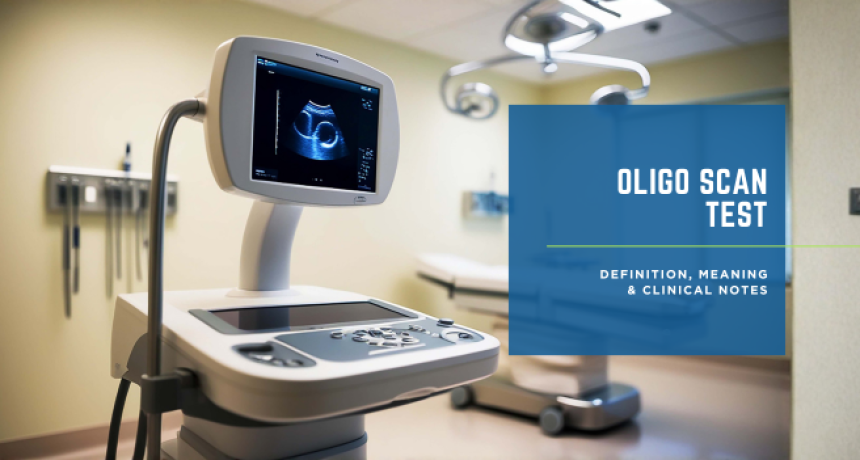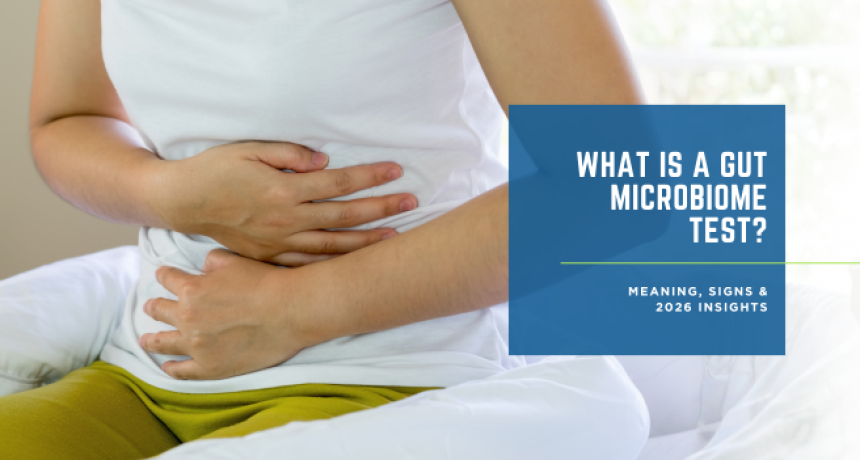Natural Ways to Treat PCOS Pimples: Beat Acne and Dark Patches
2025-04-19 Polycystic Ovary Syndrome (PCOS) is more than just a hormonal disorder—it often shows up on your face, neck, and scalp before anywhere else. Women with PCOS commonly experience acne that doesn’t respond to regular skincare, dark velvety patches (especially on the neck and underarms), unwanted hair growth on the face, and even PCOS hair loss from the scalp. These PCOS skin issues aren’t just cosmetic—they reflect deeper hormonal imbalances, insulin resistance, and inflammation. At L&B Clinic, we help women go beyond temporary treatments by addressing the root causes of these skin and hair concerns through a holistic, doctor-designed approach. Let’s decode each of these symptoms and offer practical, natural, and sustainable solutions. If you’re dealing with acne along your jawline, cheeks, or chin that worsens around your cycle or doesn’t respond to usual cleansers—this could be hormonal acne, a hallmark of PCOS. Elevated androgens (male hormones like testosterone) overstimulate oil glands. Insulin resistance causes excess insulin, which triggers more androgen production. Chronic inflammation makes skin more reactive. Spearmint tea (1–2 cups/day): Helps reduce androgens naturally. Zinc-rich foods: Pumpkin seeds, chickpeas, lentils reduce inflammation and regulate oil production. Evening primrose oil: May help balance hormones and improve skin texture. Low-glycemic diet: Reduce sugar, white carbs, and processed foods to prevent insulin spikes. At L&B, our specialists combine food-based hormone balancing with personalized gut and skin protocols. Every hormonal acne remedy we recommend is backed by labs and clinical observations.
The PCOS skin care is taken very seriously and treated with detail.
Acanthosis nigricans is a common sign of insulin resistance. These PCOS skin issues show up as dark, thick, velvety patches—often seen on the neck, underarms, groin, and sometimes on the knuckles. Elevated insulin causes skin cells to multiply quickly, especially in areas where skin folds. Obesity and inflammation make the pigmentation worse. Apple cider vinegar (ACV): Dab diluted ACV (1:1 ratio with water) on dark patches. It mildly exfoliates and improves skin tone over time. Aloe vera + turmeric mask: Brightens skin, soothes inflammation, and reduces pigmentation naturally. Chromium and magnesium-rich foods: Such as spinach, almonds, and bananas improve insulin sensitivity. Exercise + sleep + hydration: These basics play a major role in improving insulin and skin tone. However, dark patches won’t disappear with creams alone—fixing insulin resistance is the key. At L&B Clinic, our holistic PCOS skin treatment in Delhi addresses internal metabolic imbalances, not just surface symptoms. One of the most emotionally distressing PCOS skin issues is excessive facial and body hair in areas where men typically have it—like chin, upper lips, chest, or stomach. High androgens like testosterone stimulate hair follicles. PCOS disrupts the normal hair growth cycle and slows estrogen metabolism. Spearmint + flaxseed combo: Both help reduce testosterone naturally. Saw Palmetto (under expert guidance): Known to block DHT, a hormone responsible for unwanted hair. Turmeric paste (external): Mixed with milk or water and applied regularly, it slows hair growth in sensitive areas. Hormonal balancing diet: Focus on anti-inflammatory foods and regular meal timings. At L&B Clinic, we also work on gut and liver detox, since poor estrogen clearance often worsens facial hair issues. PCOS facial hair can be irritating and becomes an unplanned visitor. At L&B Clinics, Each plan is customized based on hormonal panels. While you’re noticing hair growing where you don’t want it, many PCOS women also complain about PCOS hair loss from the scalp—especially at the crown or parting. High DHT levels shrink hair follicles, causing androgenic alopecia. Nutritional deficiencies (Vitamin D, B12, iron, biotin) contribute to hair fall. Chronic stress and inflammation worsen follicle health. Pumpkin seed oil + zinc: Reduces DHT sensitivity. Scalp massage with rosemary oil: Stimulates circulation and strengthens roots. Protein and biotin-rich diet: Include eggs, dals, chia seeds, amla, and nuts. Stress management: Yoga, meditation, and breathwork are not optional—they are necessary. At L&B Clinic, we treat PCOS hair loss by addressing both hormone health and scalp health, and often combine food therapy, stress reduction, and nutrient optimization. At L&B Clinics, we don’t treat PCOS symptoms in isolation. Our holistic PCOS care includes: Comprehensive hormone and insulin assessments Personalized nutrition and PCOS Reversal Plan Anti-inflammatory and gut-healing diet Weekly updates, one-on-one counseling & WhatsApp support Emotional & mental well-being check-ins Scalp and skin analysis for targeted care Whether you’re battling hormonal acne, dark patches, or PCOS hair loss, our focus is always the root cause—not the symptoms.
If you are wondering, Does PCOS cause skin tags? Yes, it can. Skin tags, like dark patches, often arise due to PCOD symptoms caused by hormonal imbalance.
Common symptoms include hormonal acne, dark patches (acanthosis), unwanted facial hair, and PCOS hair loss. These are due to hormonal and insulin-related imbalances. Spearmint tea, zinc-rich foods, evening primrose oil, and a low-glycemic diet work as effective hormonal acne remedies. They help reduce excess androgens and improve skin quality. Yes. With insulin balancing, exfoliation (ACV, turmeric masks), and anti-inflammatory foods, many women see visible improvement in pigmentation over time. Spearmint tea, saw palmetto (under medical guidance), turmeric application, and hormonal balancing can reduce excess facial hair. Yes, especially if caught early. A combination of hormone regulation, nutrient support, stress management, and scalp therapy can reverse or control PCOS hair loss effectively.1. Hormonal Acne in PCOS
Why It Happens:
Natural Hormonal Acne Remedy:
2. Dark Patches and Skin Discoloration (Acanthosis Nigricans)
Why It Happens:
Natural Remedies:
PCOS pigmentation and PCOS skin darkening are signs of hormonal imbalance. If you are wondering, can PCOS cause skin pigmentation? Well, yes, and the good news is it can be reversed naturally.
3. Unwanted Facial Hair Growth (Hirsutism)
Why It Happens:
Natural Remedies:
4. PCOS Hair Loss and Thinning
Why It Happens:
Holistic Hair Fall Solutions:
L&B Clinic’s Holistic Approach to PCOS Skin & Hair Concerns
FAQs About PCOS Skin and Hair Concerns
1. What are the most common PCOS skin issues?
2. What is a natural hormonal acne remedy for PCOS?
3. Can I reverse dark skin patches caused by PCOS?
4. How can I reduce unwanted facial hair due to PCOS naturally?
5. Can PCOS hair loss be reversed?
.png)

